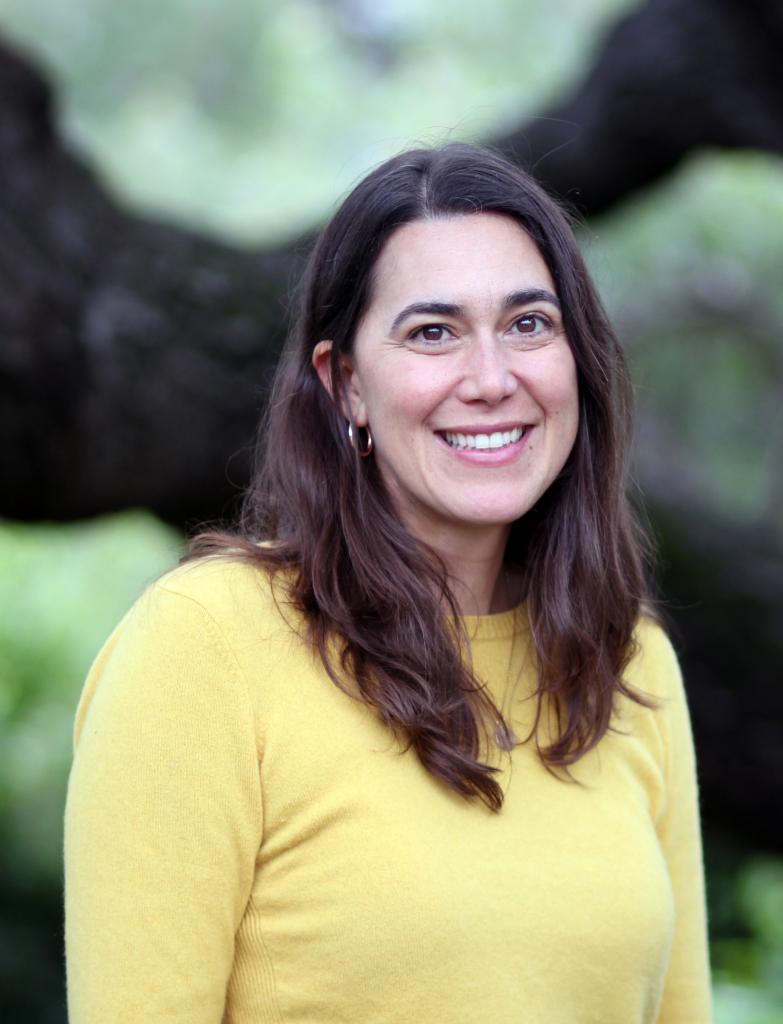
Joanna Reed
Courses taught: Soc. 111AC, (Sociology of the Family), Soc. 111C(Childhood), Soc. 130AC (Social Inequalities: American Cultures), Soc. 136 (Urban Sociology), Soc. 116 (Sociology of Work)
Joanna Reed received her BA in Anthropology from U.C. Berkeley in 1998, and her Ph.D. in Sociology from Northwestern University in 2008. Between college and graduate school, she worked in community organizations and public schools. Her main research and teaching interests are families, social class and inequality, social policy, neighborhoods and gender relations. Most of her published work focuses on the experiences of unmarried couples with children in the U.S.—their relationship trajectories and stability, what marriage, cohabitation and parenthood mean to them, pregnancy intentions and contraception practices.
Reed, Joanna, Paula England, Krystale Littlejohn, Brooke Conroy-Bass and Monica Caudillo.
2014. “Consistent and Inconsistent Contraception Among Young Women: Insights from Qualitative Interviews” Family Relations, 63:244-258
Edin, Kathryn, Timothy Nelson and Joanna Reed. 2011“Daddy, Baby; Momma Maybe:Low Income Urban Fathers and the ‘Package Deal’ of Family Life.” In Social Class
and Changing Families in an Unequal America, edited by Paula England and Marcia Carlson. Palo Alto, CA: Stanford University Press
Reed, Joanna. 2007. Anatomy of the Break-Up: How and Why do Unmarried Parents Break-up? Unmarried Couples with Children, edited by Paula England and
Kathryn Edin. Russell Sage Foundation, New York.
Reed, Joanna. 2006. Not Crossing the ‘Extra Line’: How Cohabitors with Children View
Their Unions. Journal of Marriage and Family, 68(5) 1117-1131
Reed, Joanna, Jennifer Pashup and Emily Snell. 2005. Voucher Use, Labor Force
Participation and Life Priorities: Findings from the Gautreaux Two Housing
Mobility Study. Cityscape, 8(2) 219-239